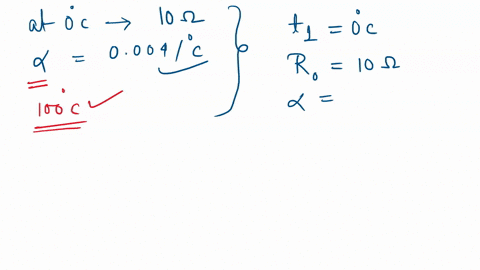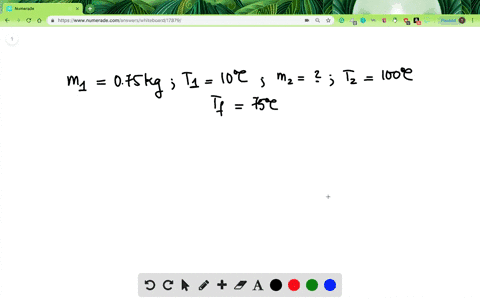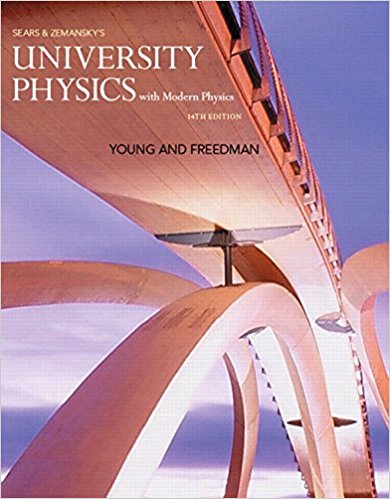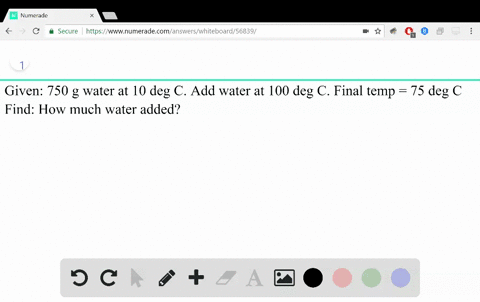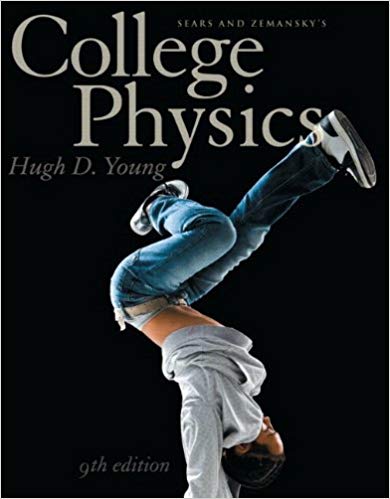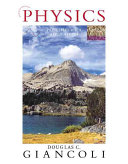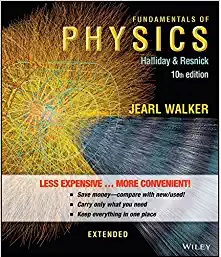00:01
Okay, so we actually don't have enough information here, but let's look at what we do know.
00:07
So 25 ml of water, because of its density, has a mass of 25 g.
00:24
We also know that the energy it takes is going to be at 25 g times the specific heat of water, there's going to be a conversion factor here, times delta t, which is t final minus t initial.
01:00
So they tell us what t final is, but we don't know what t initial is.
01:15
And c, or water, is 4186 joules per kilogram degree.
01:39
So we have some conversions there we have to worry about.
01:42
So that tells us what that is in joules.
01:45
The power is energy times delta t, where delta t is 10 minutes, which is 600 seconds.
02:22
And the power is also equal to i squared r.
02:32
We don't know the current, but we do, and we actually don't really know the resistance either, but we do know that the resistance is the resistivity times the length over the area.
02:56
So we can look it up in a table.
03:04
30 standard wire gauge has a diameter of 0 .315 mm.
03:22
And so we can figure out the area is pi over 4 d squared.
03:34
You have to convert that.
03:36
We need to know mm is 1000, mm is a meter.
03:50
So all these things kind of go together, but there's information we don't know...




